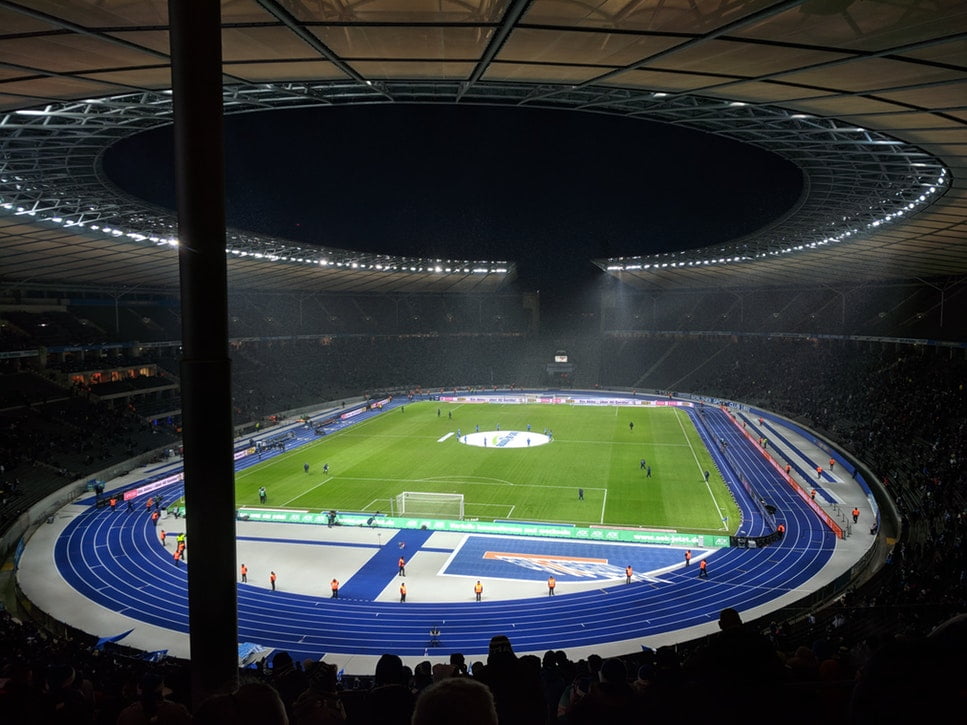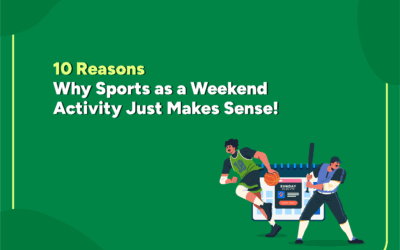CAREER IN SPORTS! Anil Kumble is undoubtedly one of the greatest names in Indian cricket, known for his right arm leg-break bowling and expert captaincy skills. Apart from being a marvel on the cricket pitch, Kumble also graduated with a Bachelors in Mechanical Engineering from Rashtreeya Vidyalaya College of Engineering (RVCE), making him one of the best-educated cricketers around. While this is an immense achievement, Anil is not the only Indian sports star who can boast about having both a tertiary qualification and an esteemed sporting career under the belt. Fellow top national cricketer Javagal Srinath is also a qualified engineer while World Billiards and Snooker champion Pankaj Advani earned a degree in commerce from Jain University. With so many top sports stars making the effort to earn an educational qualification, one can’t help but wonder why they were driven to potentially succeed in more than one professional field.
Why do sports stars choose to become educated?
Regardless of what sport you participate in and how well you excel in it, you will not be able to partake in it indefinitely. What happens when you are forced to retire from the sport due to age, form or injury? How do you maintain the standard of living you and your family have become accustomed to without the income you were also accustomed to? Having a qualification to fall back on after your sporting career comes to an end can be very beneficial especially considering that the average age of the oldest Indian cricket team to appear in a Test is only 32 while the general retirement age in India is 58.

Kumble has a bachelors degree in Engineering which acted as a failsafe if he could not make a great Cricketer.
While education doesn’t come cheap, even youngsters with an interest in a professional sport often find a strategy to fund their studies just so that they can have the best possible life during and after their sporting careers. There are countless professional Indian sportsmen and women who work regular jobs after they bid farewell to their sporting careers. Joginder Sharma, the player who helped a very young Indian cricket team win their very first Twenty20 World Cup back in 2007 may not have a swanky university degree but still serves India in a noble way as a DSP in Haryana Police.
An education can boost earning potential
Being in possession of a degree is not only handy once you retire from the professional sport, but also while you are still actively involved in it. For many talented sporting stars, training full-time is a luxury they simply cannot afford. Unless you are fortunate enough to be part of a national team, chances are you will not be able to get by on the stipend your sporting passion earns you.
Apart from extensive training in their respective disciplines, many Indian Olympic athletes also work part-time government jobs in a bid to make ends meet. Although the Indian government has increased its spending on its Olympic program the funds does not necessarily trickle down to the athletes. When not competing for his country, World and Olympic champion shooter Abhinav Singh Bindra is also the CEO of Abhinav Futuristics, while former Indian cricket captain MS Dhoni has a day-job as the vice president of The India Cements Ltd.
Being able to enjoy a professional sporting career while also having a degree under the belt truly does afford you the best of both worlds. One of the best investments anyone can make during their lives is in a good education that will undoubtedly serve you well long after you have retired from the world of professional Indian sport.




